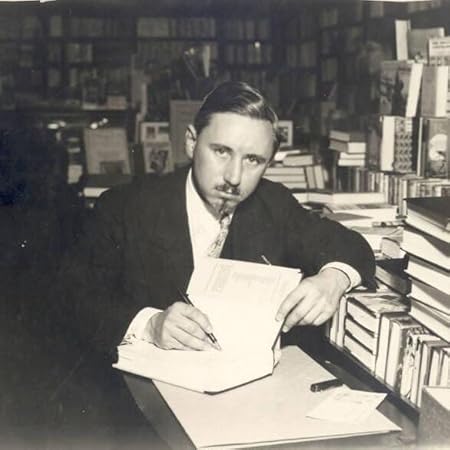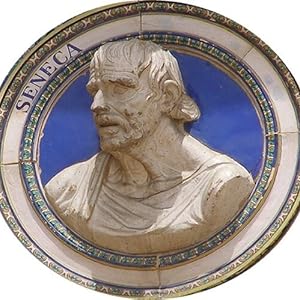Will Durant
关于作者
William James Durant was born in North Adams, Massachusetts, in 1885. He was educated in the Roman Catholic parochial schools there and in Kearny, New Jersey, and thereafter in St. Peter’s (Jesuit) College, Jersey City, New Jersey where he graduated in 1907, and Columbia University, New York. For a summer in 1907 he served as a cub reporter on the New York Journal, but finding the work too strenuous for his temperament, he settled down at Seton Hall College, South Orange, New Jersey, to teach Latin, French, English, and geometry (1907-11). He entered the seminary at Seton Hall in 1909, but withdrew in 1911 for reasons which he has described in his book Transition. He passed from this quiet seminary to the most radical circles in New York and became (1911-13) the teacher of the Ferrer Modern School, an experiment in libertarian education. In 1912 he toured Europe at the invitation and expense of Alden Freeman, who had befriended him and now undertook to broaden his borders. Returning to the Ferrer School, he fell in love with one of his pupils, resigned his position, and married her (1913). For four years he took graduate work at Columbia University, specializing in biology under Morgan and Calkins and in philosophy under Woodbridge and Dewey. He received the doctorate in philosophy in 1917, and taught philosophy at Columbia University for one year. Beginning in 1913 at a Presbyterian church in New York, he began those lectures on history, literature, and philosophy which, continuing twice weekly for over thirteen years, provided the initial material for his later works. The unexpected success of The Story of Philosophy (1926) enabled him to retire from teaching in 1927, and is credited as the work that launched Simon & Schuster as a major publishing force and that introduced more people to the subject of philosophy than any other book. Thenceforth, except for some incidental essays and Will’s lecture tours, Mr. and Mrs. Durant gave nearly all their working hours (eight to fourteen daily) to The Story of Civilization. To better prepare themselves they toured Europe in 1927, went around the world in 1930 to study Egypt, the Near East, India, China, and Japan, and toured the globe again in 1932 to visit Japan, Manchuria, Siberia, Russia, and Poland. These travels provided the background for Our Oriental Heritage (1935) as the first volume in The Story of Civilization. Several further visits to Europe prepared for Volume II, The Life of Greece (1939) and Volume III, Caesar and Ch Volume III, Caesar and Christ (1944). In 1948, six months in Turkey, Iraq, Iran, Egypt, and Europe provided perspective for Volume IV, The Age of Faith (1950). In 1951 Mr. and Mrs. Durant returned to Italy to add to a lifetime of gleanings for Volume V, The Renaissance (1953); and in 1954 further studies in Italy, Switzerland, Germany, France, and England opened new vistas for Volume VI, The Reformation (1957). Mrs. Durant’s share in the preparation of these volumes became more substantial with each year, until in the case of Volume VII, The Age of Reason Begins (1961), it was so great that justice required the union of both names on the title page. And so it has been on The Age of Louis XIV (1963), The Age of Voltaire (1965), Rousseau and Revolution (1967), for which the Durants were awarded the Pulitzer Prize (1968), and The Age of Napoleon (1975). The publication of The Age of Napoleon concluded five decades of achievement and for it they were awarded the Presidential Medal of Freedom (1977). Throughout his life, Will Durant was passionate in his quest to bring philosophy out of the ivory towers of academia and into the lives of laypeople. A champion of human rights issues, such as the brotherhood of man and social reform, long before such issues were popular, Durant’s writing still educates and entertains readers around the world, inspiring millions of people to lead lives of greater perspective, understanding, and forgiveness.
阅读完整简历















